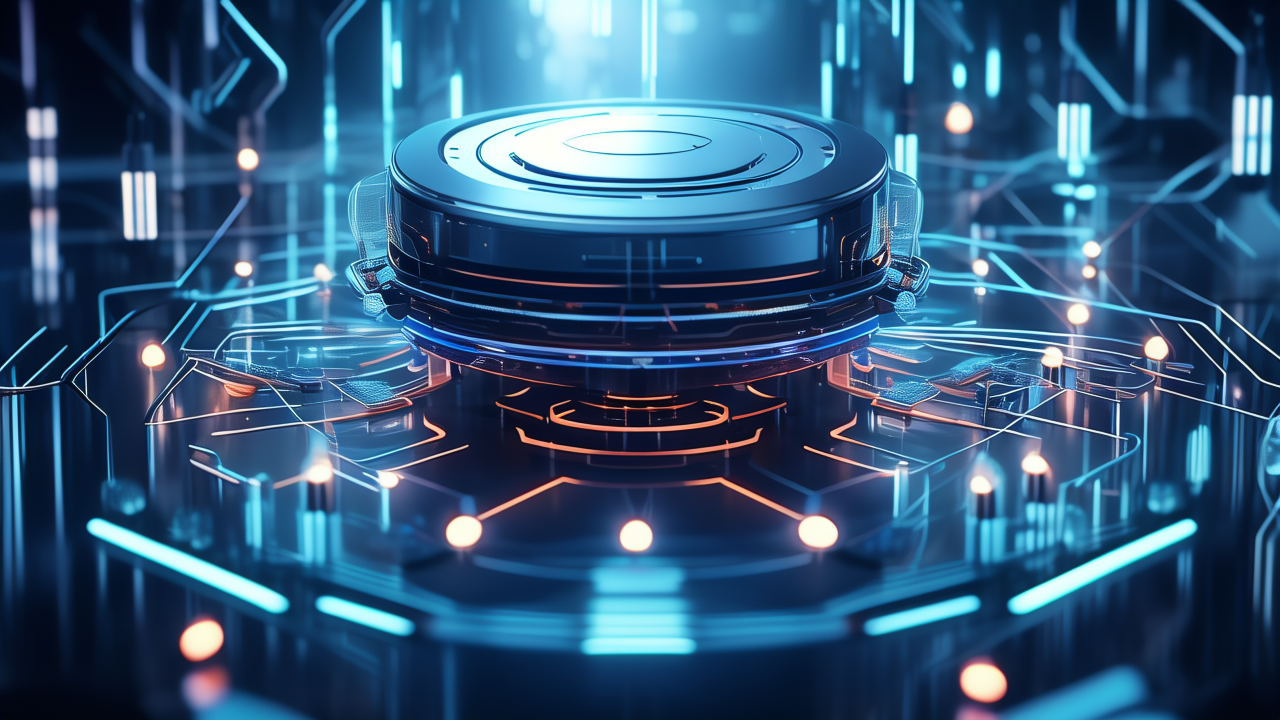The editor of Downcodes learned that a research team at Kaunas University of Technology has developed a revolutionary depression diagnosis model. This model achieves a diagnostic accuracy of up to 97.53% by analyzing voice and electroencephalogram data, providing a new basis for mental health diagnosis. Provides new possibilities. This research uses multi-modal data analysis to break through the limitations of traditional single data diagnosis and provide a new direction for future precision medicine. The research team believes that this technology will help identify patients with depression earlier and more accurately, providing them with timely treatment and support.

The core of this research is to break the limitations of traditional single data diagnosis. The research team chose speech as a key data source because of its subtlety in reflecting emotional states. Speech speed, tone, and emotional energy can all be potential signs of depression.
Picture source note: The picture is generated by AI, and the picture is authorized by the service provider Midjourney
By converting EEG and speech data into visual spectrograms, the research team used an improved deep learning model to ultimately increase the depression diagnosis accuracy to an astonishing 97.53%. This means that AI is expected to provide more objective and accurate tools for mental health diagnosis in the future.
Research leader Professor Maskliunas admitted that the future development of this technology still faces challenges. How to make AI not only give diagnostic results, but also explain the basis for diagnosis is the next difficulty that needs to be overcome.
What is even more thought-provoking is that this research reflects the huge potential of AI in the healthcare field. While protecting patient privacy, using technology to provide more precise intervention for mental health may become an important direction in future medical technology.
Depression affects 2.8 million people worldwide every year, and the emergence of AI may bring hope for timely and accurate diagnosis to countless patients.
This research result is exciting and indicates that artificial intelligence will play an increasingly important role in the medical field. Although challenges still exist, technological advancements will bring hope to more patients, and the future is worth looking forward to. The editor of Downcodes will continue to pay attention to the latest progress of artificial intelligence in the medical field.